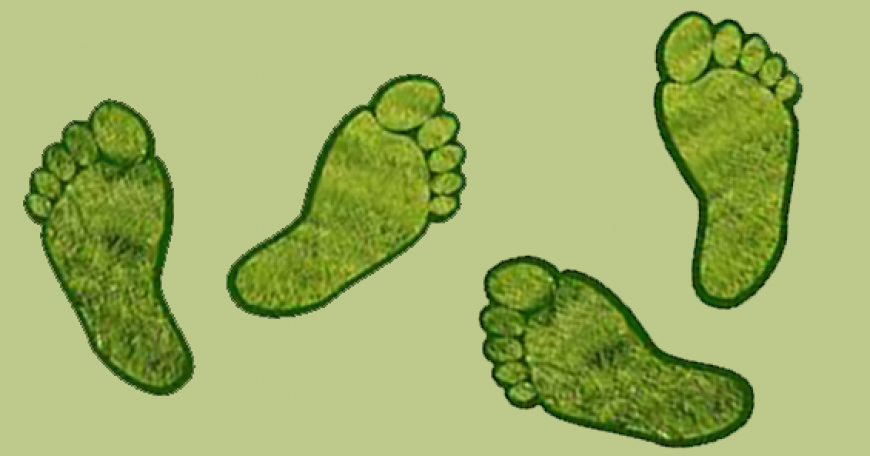
Effie Jia on Ory Zik's Carbon Footprints
As part of the xTalk series, Ory Zik—an award-winning physicist, entrepreneur, and environmentalist—gave a presentation on May 9, 2017 titled “Why You Don’t Know Your Carbon Footprint.” He is the founder of Greenometry, a non-profit organization founded in 2016 that strives to address something that Zik refers to as “carbon illiteracy.” To demonstrate what he means by carbon illiteracy, Zik asked the audience how many of us believed that climate change is a major threat; without hesitation, everyone’s hands flew up. However, he then asked how many of us knew what our carbon footprint was. One tentative hand slowly reached up. Suddenly, we all saw what the problem was. Even at a university like MIT—a renowned institute known for its prowess in STEM—only one person in the room could maybe estimate her carbon footprint. Meanwhile, when Zik gave his presentation at Harvard, not one person was able to give an estimate. If two of the best universities in the world were so carbon illiterate, what does that imply about everyone else’s carbon literacy?
In his presentation, Zik raaised important points about the issue:
- A good metric enables both estimations and accurate, standard measurements
- A carbon footprint cannot be measured; it has to be calculated
- It’s better to be approximately right than it is to be wrong with precision
Currently, there is a 300% discrepancy in scientific data on carbon footprint metrics. This difference is mainly due to a weak incentive to practice carbon footprinting. For example, there isn’t really a personal measurement method or device for people to use. Furthermore, the data isn’t readily accessible to the common person. What are the sources contributing to our carbon footprint, and how much CO2 is produced from each of those sources? With the help of quantitative thinking combined with science-based calculations, Greenometry hopes to answer these questions.
Personally, Zik’s presentation made me take a step back and reevaluate my own behavior. For the past few years, I’ve prided myself in my passion for sustainability, but now I’m not so sure if my words have been grounded in action. I know that it’s good to reduce my meat consumption, to walk instead of drive, to be conscious of my waste production, and more. But how much of a difference are these actions actually making? In what ways can I reduce my carbon footprint even more?
Luckily, Zik’s presentation offered guidance in answering my questions. A proposition he made was to have an “action plan” to reduce your carbon footprint by 13 tons of CO2 per year. By implementing just three actions, people could reduce almost 70% of those 13 tons:
- Drive an electric vehicle (4.7 tons saved)
- Solar PVs (2.9 tons saved)
- Low-carbon diet (1.3 tons saved)
He also listed coolclimate.berkeley.edu/calculator as “one of the best carbon footprint assessors available,” and greenometry.org/api, Greenometry’s web service that provides conversion factors and parameters, as two sources for quantitative data. I tried out the CoolClimate calculator once I got back to my dorm, and found it to be easy to use and very informative. I learned about the biggest contributors of my carbon footprint, and different ways to reduce them based on my current lifestyle.
So, maybe it’s true that we can be clueless about the numbers, but that doesn’t have to stay the case. Now, more than ever, we each have a personal role in not only combating climate change, but also knowing the quantitative impact we have on Earth.

